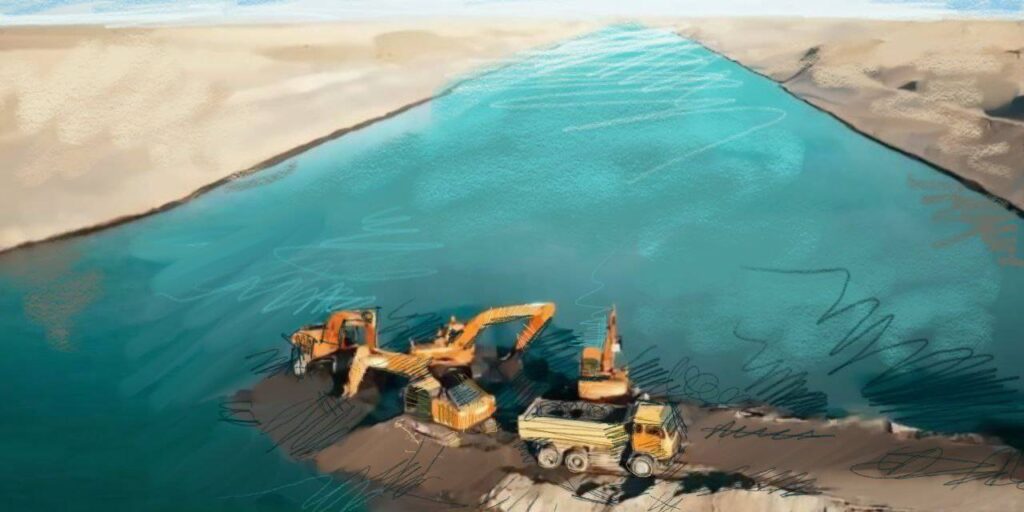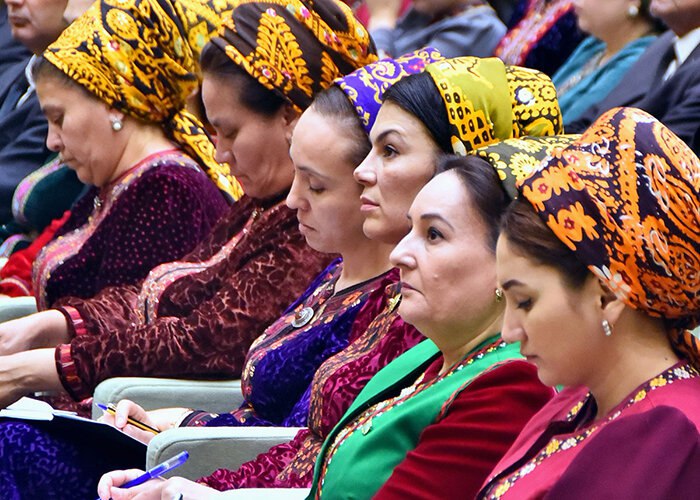Against the backdrop of the silence of Central Asian countries, as well as their lack of a coordinated position on the construction of the Qosh Tepa Canal in northern Afghanistan, the Taliban are moving forward with the project with growing confidence and without regard to their neighbors. Last October, at the ceremony to mark the launch of the second phase of the canal’s construction, Afghan Deputy Prime Minister Abdul Salam Hanafi called Qosh Tepa, “one of the most significant development projects in Afghanistan,” while its realization should remove all doubts about the capabilities of the new Afghan authorities, he added. There is no point in discussing the economic rationale for the canal; like other practical measures taken by the Taliban in the water and energy sphere, for Afghanistan, where 90% of the population is employed in agriculture, the provision of irrigation water is undoubtedly an important task. According to the UN, over the past four decades, desertification has affected more than 75% of the total land area in the northern, western, and southern regions of the country, reducing the vegetation of pasture land, accelerating land degradation, and impacting crop production. However, this socio-environmental problem affects the interests of all the peoples of Central Asia, which geographically includes the entire north of Afghanistan. It arose as an objective need for development, and solving it requires the combined efforts of all countries in the region, which is already on the verge of a serious water crisis that threatens not only economic development, but also the lives of millions of people. In general, the Taliban have emphasized their openness in matters of trans-boundary water management, but, so far, these are only statements. They are more motivated by political issues around their international recognition. That is why it is important for them to participate in global events, such as UN climate change conferences, but they have yet to take part in any climate talks. Hopefully, Afghan representatives will be invited to the COP29 Global Impact Conference in Baku this November, especially since one of the key topics of this forum will be a “just energy transition.” It would be interesting to hear what the Taliban have to offer. Though the authorities in Kabul have had some success in water regulation with Iran, the same cannot be said about Central Asia. This clearly owes to the fact that the five Central Asian republics have not taken a unified position on trans-boundary waters with Afghanistan. And their southern neighbor has taken advantage of this – to date, Kabul has not held any full-fledged official consultations with any Central Asian country on the Qosh Tepa Canal. However, just as bilateral formats will not yield results (unlike in Iran's case), the Taliban leadership will not be able to resolve water issues easily with the Central Asian countries. Afghanistan is not a party to the Central Asian Agreement on Cooperation in the Field of Joint Management on the Utilization and Protection of Water Resources from Interstate Sources. It was...






